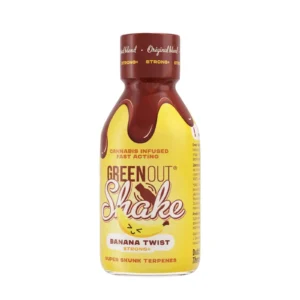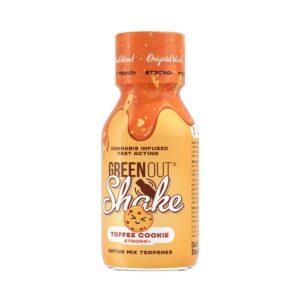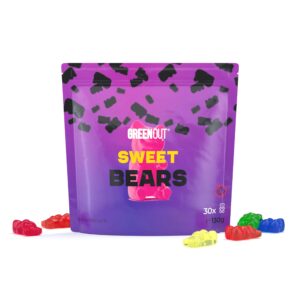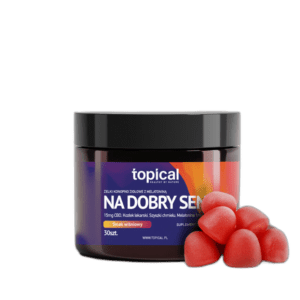A 2023 study at the University of Colorado focused on cancer patients/women who use cannabis-based edibles ("cannabis edibles") as an adjunct to conventional cancer therapy or as part of palliative treatment. It has been shown that with long-term use, patients/clients have achieved such benefits as pain relief, improved appetite, better sleep and greater clarity of thought. This last benefit in particular deserves attention - it is a new finding, giving additional value to cannabis therapy in cancer patients/s.
Edible products containing CBD and THC improve cognitive function in cancer patients
Given the myriad negative consequences of cancer and its invasive treatment, the researchers focused on examining the association of intensive and long-term use of edible cannabis products (legal in the U.S.) with pain, cognitive function and quality of life in cancer patients.
Study described in the journal Exploration in Medicine, focused on analyzing the effects of edible products containing the hemp cannabinoids THC and CBD on cancer pain levels, cognitive function of the patient(s) and the intensity of chemotherapy side effects: sleep problems, nausea, vomiting, lack of appetite.
Although the study is not large (only 25 participants), it is important in that it is the first to focus on edible products containing THC and CBD, which in Colorado can be purchased at a pharmacy without a prescription. Previous research on the use of hemp in cancer patients took into account medical marijuana prescribed by a doctor.
Also very relevant here is the discovery that over-the-counter "cannabis edibles" available in the US can have a beneficial effect on mental clarity and concentration in patients.
The course of the study - "cannabis edibles" in oncology
The research team observed 25 cancer patients using cannabis over a two-week period. After assessing the participants' pain levels, sleep patterns and cognitive function at the baseline visit, the researchers instructed them to buy an edible cannabis product of their choice at a pharmacy. The researchers chose jellies, chocolates, baked goods, tinctures, and pills, all of which had different proportions and concentrations of CBD and THC cannabinoids.
According to the researchers, this demonstrates the openness of patients/women to look for alternative products that can provide them with relief. This makes it all the more indicative of the need to perform efficacy studies on over-the-counter products so that the choice is supported by adequate data.
Throughout, the researchers collected data on the participants' physical health (laboratory tests) and examined their cognitive functions.
Improvement in cognitive function after two weeks of use
Improvements in cognitive function were observed only after two weeks of using edible hemp products. Patient(s) needed time to develop a tolerance to the psychoactive THC.
Initially, study participants reported lower levels of pain immediately after taking the "edibles," while their clarity of thought was disrupted by the psychoactive effects of the cannabinoids. However, after two weeks of consistent use, a different pattern emerged. Participants reported improvements in pain, sleep quality and cognitive function. Objective measures of cognitive function (including reaction time) also improved.
Participants who took products with high concentrations of CBD were more likely to report improved sleep quality and pain relief.
Importance of the study
Although the findings are preliminary and more research is needed, according to the researchers, they open a new perspective on the pain management in palliative care, without long-term cognitive impairment. Unlike opioids, cannabis, after prolonged use, allows for the restoration of clarity of thought while relieving pain.
In addition, legally available edible products in the U.S. that contain CBD and THC, allow patients/people to support themselves in their illness. According to the researchers, conducting more research on the efficacy of over-the-counter cannabis products would give patients/youth the opportunity to make a more informed choice and offer knowledge about the effectiveness of specific doses of specific products.
Hopefully, Polish male and female patients will also gain the ability to self-support with edibles hemp cannabinoids and that it will happen sooner rather than later.








